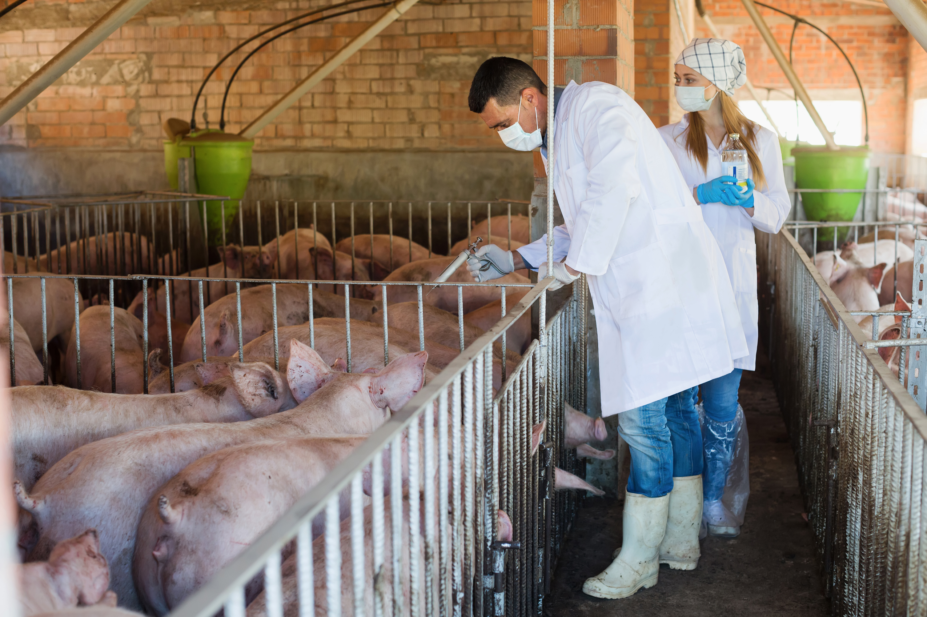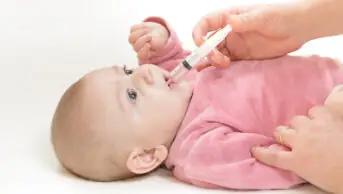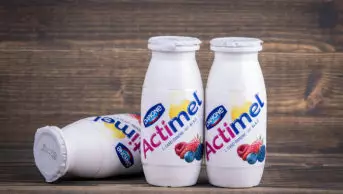
Shutterstock.com
The World Health Organization (WHO) has called on farmers and the food industry to stop using antibiotics routinely to promote growth and prevent disease in healthy animals.
It has warned that in some countries, around 80% of the total consumption of medically important antibiotics is in the animal sector, and used largely to promote growth in healthy animals.
A systematic review published this week in the The Lancet Planetary Health found that interventions that restrict antibiotic use in food-producing animals reduced antibiotic-resistant bacteria in these animals by up to 39%.
The WHO has issued new recommendations to help preserve the effectiveness of antibiotics by reducing their unnecessary use in animals.
“A lack of effective antibiotics is as serious a security threat as a sudden and deadly disease outbreak,” said Tedros Adhanom Ghebreyesus, Director-General of WHO.
“Strong, sustained action across all sectors is vital if we are to turn back the tide of antimicrobial resistance and keep the world safe.”
The WHO said it “strongly recommends an overall reduction in the use of all classes of medically important antibiotics in food-producing animals, including complete restriction of these antibiotics for growth promotion and disease prevention without diagnosis.
“Healthy animals should only receive antibiotics to prevent disease if it has been diagnosed in other animals in the same flock, herd, or fish population.
“Antibiotics used in animals should be selected from those WHO has listed as being ‘least important’ to human health, and not from those classified as ‘highest priority critically important’. These antibiotics are often the last line, or one of limited treatments, available to treat serious bacterial infections in humans.”
The WHO has published a list of critically important antimicrobials for human medicine, as a basis for promoting their prudent use, since 2005.
The 5th revision of the list was published in April 2017.


